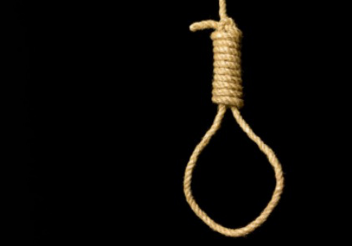
Mar 7, 2017 | News
The ICJ today condemned the move of the Philippines’ House of Representatives to reintroduce the death penalty for drug-related crimes.
The ICJ has called on the country’s Senate to block this serious threat to human rights.
Earlier today, the House of Representatives approved House Bill 4727 on third and final reading by 216 votes. 54 voted “no”, and one abstained. The bill as amended reinstates the death penalty for drug-related crimes, more than 10 years after the Philippines had legally abandoned executions.
The approved bill will be transmitted to the Senate, where it will go through the same procedure of three readings.
“The passage of the death penalty bill in the Philippine House of Representatives represents a turning point in the country, but one that is for the worse. It puts the Philippines in direct conflict with its international legal obligations,” said Emerlynne Gil, ICJ’s Senior International Legal Adviser for Southeast Asia.
“Now it’s up to the Philippine Senate to stop this terrible and unconscionable move and preserve the Philippines’ status as a regional leader against the death penalty,” Gil added.
Since 2007, the Philippines has been a Party to the Second Optional Protocol to the International Covenant on Civil and Political Rights (ICCPR), requiring all parties to abolish the death penalty in law and practice. Under the ICCPR and the Second Protocol, States are prohibited from bringing back the death penalty once it has been abolished in domestic laws.
“Passing this law will send a negative message to the international community that the Philippines is incapable of observing in good faith the international obligations it has expressly bound itself to,” Gil said.
Ever since it abolished the death penalty in 2006, the Philippines has been viewed by many observers as a regional and global leader on the drive to abolish capital punishment. Not only was it the very first Southeast Asian country to ratify the Second Optional Protocol to the ICCPR, it also played an instrumental role in advocating for the abolition of the death penalty worldwide.
Since 2007, the Philippines has consistently co-sponsored multiple UN General Assembly resolutions calling for a moratorium on the use of the death penalty with a view to its total abolition. These resolutions have been adopted with large majorities.
“The Duterte administration had already engaged in hundreds, if not thousands, of extrajudicial killings justified by unsubstantiated claims that such wholesale crimes will somehow respond to the country’s drug problem. The resumption of the death penalty compounds the horrors of this bloody campaign without any evidence whatsoever that this odious practice will in any way improve the alleged drug problem in the country,” Gil said.
Rather than the death penalty, studies have demonstrated that heightened enforcement efforts which increase the chances of actually being caught and punished are more effective in deterring criminal conduct.
The ICJ therefore calls on the Senate of the Philippines to reject in full the bill seeking to re-impose the death penalty in the country in accordance with the Philippines’ international obligations.
Background
The bill approved by the House of Representatives (Lower House) will be transmitted to the Senate (Upper House), where it will go through the same procedure of three readings.
If the bill is approved upon the third reading at the Senate without amendments, it will be presented to the President. The bill would become a law if and when it is signed by the President.
If, however, there are amendments on the bill at the Senate and the House of Representatives do not agree with these amendments, the differences would be settled by a Conference Committee of both Houses.
The recommendations of the Conference Committee would have to be approved by both Houses.
Contact
Ms. Emerlynne Gil, ICJ’s Senior International Legal Adviser, tel. no. +66 840 923 575, email: emerlynne.gil(a)icj.org
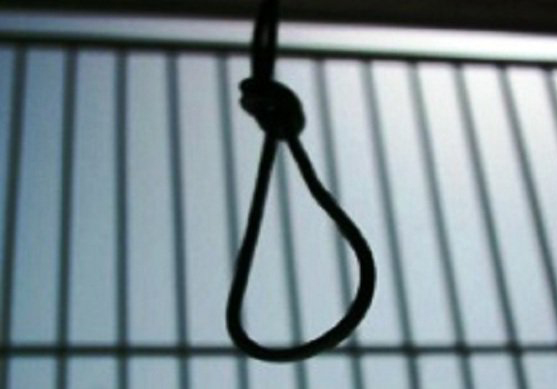
Mar 3, 2017 | News
The ICJ today urged the Philippine Congress to bring a halt to the Government’s attempt to bring back capital punishment.
The Philippine Congress’s attempt to restore this heinous practice is in blatant breach of its international legal obligations.
The ICJ condemned the approval on second reading of a bill to restore the death penalty by the Philippines’ House of Representatives on 1 March 2017 and called on legislators to vigorously oppose it and prevent it from being passed on final reading.
If adopted, the legislation will place the Philippines at odds with its legal obligation under international treaties to which it is party, the International Covenant on Civil and Political Rights (ICCPR) and its second Optional Protocol aiming at the abolition of the death penalty.
The ICJ also expressed concern at the manner in which the bill was effectively railroaded through the Philippine House of Representatives this week when it passed on second reading House Bill 4727, which seeks to reintroduce the death penalty for drug-related crimes.
House Bill 4727 will be put to a final vote on third reading next week. Nominal voting will be done on the third reading of the bill, which means that one by one, legislators would be called to explain their vote.
To marshal enough support for the bill, pro-death penalty legislators struck off all other crimes that were proposed in the original bill to be punishable by death, such as plunder, treason, and rape.
As it stands now, House Bill 4727 imposes capital punishment only on commission of drug-related crimes. Proponents of the bill claim that this is to support the President’s “war on drugs”.
The controversial measure was approved only eight session days after it reached the plenary for debates on 1 February 2017.
“It is obvious that proponents of State killing as means of “justice” were intent on rushing the passage of the death penalty bill by thwarting any substantial discussion thereon and by pressuring into silence those who oppose it,” said Emerlynne Gil, ICJ’s Senior International Legal Adviser for Southeast Asia.
A similar bill proposing to bring back the death penalty has been filed at the Philippine Senate. The Senate Committee on Justice and Human Rights conducted the first hearing on the bill last 7 February 2017. The Committee Chair, Senator Richard Gordon, indefinitely suspended the hearing until the Department of Justice is able to submit its opinion on the Philippines’ obligations under the ICCPR and its Second Optional Protocol.
“Until recently, the Philippines had set an example of regional and global best practice on the abolition of the death penalty. Reintroducing the death penalty will be an enormous move backward for the country,” Gil emphasized.
The move by the Philippines goes against a global trend towards abolition of the death penalty.
In December, the United Nations General Assembly voted by a large majority, for the sixth time, to adopt a resolution which called on states that have abolished the death penalty not to reintroduce it. It also called on all retentionist States to impose a moratorium on the death penalty with a view to abolition.
The ICJ opposes the death penalty in all cases and considers its use to be a violation of the right to life and freedom from cruel, inhuman, or degrading punishment.
Background
The leadership has sought to bypass normal procedures in hastily pushing through the bill seeking to re-impose the death penalty at various stages of the Philippine Congress.
9 November 2016: the Sub-Committee on Judicial Reforms began hearings on the bill seeking to re-impose the death penalty.
29 November 2016: the Sub-Committee approved the bill after it rushed through the proceedings, ignoring important questions from other lawmakers questioning the need for such legislation. The bill was thereafter referred to the Committee on Justice for further deliberation.
7 December 2016: the Committee on Justice approved the bill and moved that it be debated in plenary.
1 February 2017: the plenary debate on House Bill 4727 began.
8 February 2017: the Speaker of the House of Representatives, in a closed-door caucus among members of the supermajority, threatened that those who oppose the bill will be stripped of their leadership posts in Congress, i.e. committee chairmanships and Deputy Speakerships.
28 February 2017: amidst vehement objections from the opposition, the debate in plenary was ended. This was done despite the fact that only nine out of at least 50 members of Congress who had registered to interpellate the sponsors of the bill had been given the opportunity to do so.
1 March 2017: during the period of individual amendments, the sponsors of the bill invoked omnibus rejection to all proposed amendments, rejecting every proposal that was deemed inconsistent with the House leadership’s agenda of immediately passing the bill. Later that day, the period of individual amendments was ended, despite calls from legislators who wished to make further changes to the bill.
Contact
Ms. Emerlynne Gil, ICJ’s Senior International Legal Adviser, tel. no. +66 840923575, email: emerlynne.gil(a)icj.org
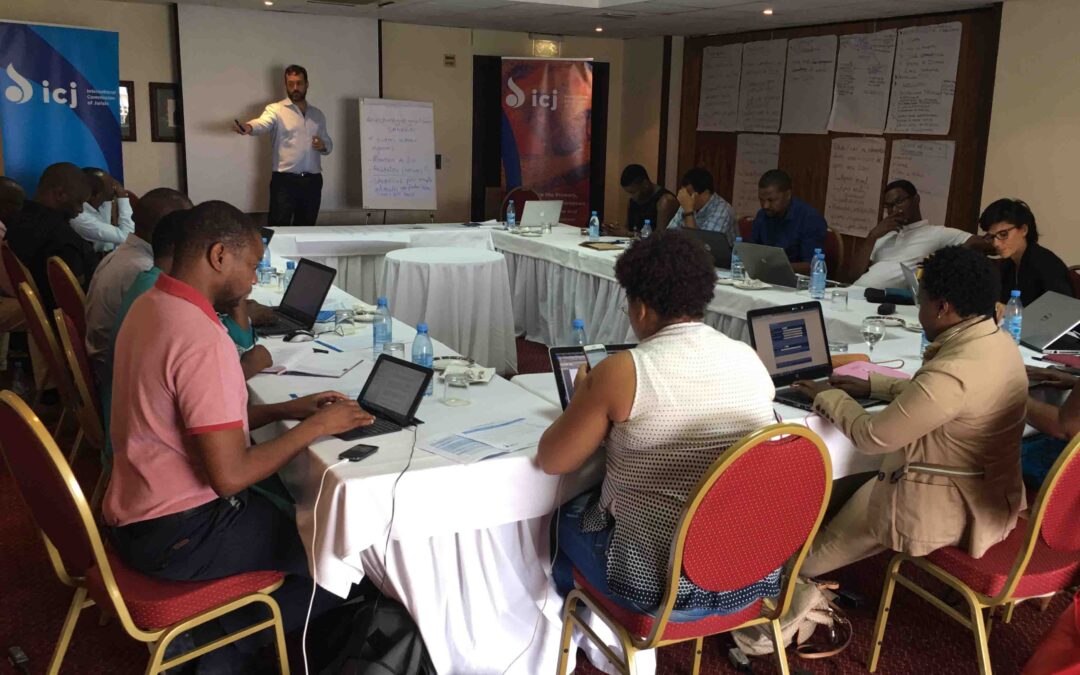
Mar 3, 2017 | News
15 HRDs from Mozambique, including lawyers and journalist working in different provinces and towns of Mozambique including Nampula, Manica, Tete, Sofala and Beira held a strategy meeting for the protection of human rights defenders (HRDs) in Maputo from 2-3 March 2017.
The meeting was facilitated by the ICJ in collaboration with the Southern Africa Human Rights Defenders Network (SAHRDN) supported by the Open Society Foundations (OSF) and Open Society Institute of Southern Africa (OSISA).
Participants reflected on the state of human rights in Mozambique with a focus on prevailing political and economic conditions requiring urgent multi-pronged interventions to support HRDs.
The participants developed practical steps for legal protection of HRDs, enhancing a HRDs network, the nature of services and safety mechanisms required to protect HRDs including in violent conflict. In addition, ideas on how to address business and human rights violations were explored.
The use of strategic litigation at the domestic and international level to protect human rights was looked at and specific situations mapped as requiring some attention.
Linkages to regional and international human rights mechanisms for protection purposes and challenging impunity were discussed and some initial measures to take at the African Commission on Human and Peoples Rights were identified.
Contact
Arnold Tsunga, ICJ Regional Director for Africa, t: +27 716405926, e: arnold.tsunga(a)icj.org
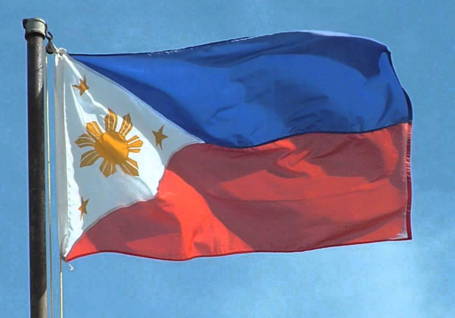
Feb 28, 2017 | News
The ICJ condemns the arrest and detention of Senator Leila De Lima and calls for her immediate release.
The ICJ believes that the charges brought against Senator De Lima are fabricated and thus considers her prosecution to be politically motivated and amounting to judicial persecution.
Senator De Lima is a staunch critic of President Rodrigo Duterte.
“This is clearly meant to silence for good a vocal critic of President Rodrigo Duterte,” said Sam Zarifi, ICJ’s Regional Director for Asia and the Pacific.
In August 2016, Senator De Lima led an investigation by the Senate Committee on Justice and Human Rights into hundreds of cases of extrajudicial killings occurring after President Duterte assumed power.
On 19 September 2016, however, she was removed by her colleagues from her position as chairperson of the said committee due to their concerns towards her “continuous efforts to destroy the President”.
Weeks before her removal, on 25 August 2016, President Duterte had accused Senator De Lima of running a drug trafficking ring inside New Bilibid Prison during her stint as Justice Secretary.
Subsequently, on 20 September 2016, led by the President’s allies in the Congress, the House Committee on Justice began a probe into these allegations against De Lima and in turn, on 17 February 2017, the Department of Justice filed three charges against her under the Comprehensive Dangerous Drugs Act of 2002 (Republic Act 9165): Section 5 specifically with “trading” in illegal drugs, Section 26(b), and Section 28. If found guilty, she may face the penalty or a prison sentence ranging between twelve years to life imprisonment.
Senator De Lima was then arrested on 23 February 2017.
“If the government really wants to defeat the illegal drug trade, there should be more prosecutions before domestic courts. We do not see this, however. We only see active persecution of those who are critical of the President’s ‘war on drugs’,” Zarifi added.
The ICJ also noted with profound concern the statements of officials from the Philippine government, including the Secretary of Justice, alluding to the Senator’s guilt which – apart from being inconsistent with the right to the presumption of innocence – constitute additional evidence that the charges against her are a blatant attempt not only to silence her for good but also to discredit her in the eyes of the public.
The right to presumption of innocence is an absolute right. According to the UN Human Rights Committee, public authorities and officials have a duty to restrain from prejudging the outcome of a trial, by refraining from making public statements appearing to affirm the guilt of the accused.
The ICJ believes that public authorities and officials, including prosecutors, may inform the public about criminal investigations or charges but should not express a view as to the guilt of any defendant.
The ICJ calls on the Philippine government to immediately release Senator De Lima and immediately stop any further acts of harassment against her and other public critics of the government.
Contact
Emerlynne Gil, ICJ’s Senior International Legal Adviser for Southeast Asia, t: +66 2 619 8477 ext. 206 or +66 840923575 ; e: emerlynne.gil(a)icj.org
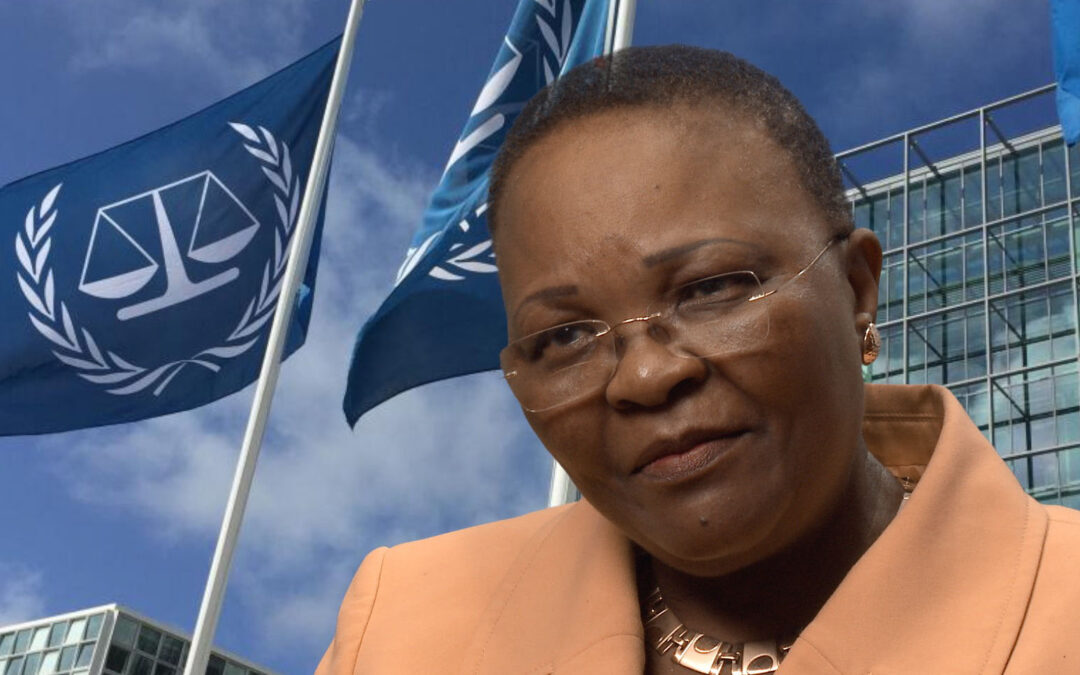
Feb 27, 2017 | Multimedia items, News, Video clips
The ICJ continues it’s monthly profile series on women’s rights defenders with an interview with ICJ Commissioner and International Criminal Court Justice Sanji Monageng.
Justice Monageng told the ICJ that her interest in women’s rights began when she went through her own divorce and encountered the injustices that Botswana women suffered. This motivated her to pursue a career in law and align herself with the women’s rights movement that was establishing itself in southern Africa.
She became the Founder and Chief Executive of the Law Society in Botswana, a Magistrate in Botswana and High Court Judge in the Gambia and Swaziland. She was elected a Commissioner of the African Commission on Human and Peoples’ Rights and served as Chair of the Commission. She has been a Judge of the International Criminal Court since 2009 and served as First Vice-President between 2012-2015.
Justice Monageng commented that in Botswana, and elsewhere in southern Africa, women were at a serious disadvantage when it came to access to justice because of cultural, customary and religious restraints as well as economic inequality.
For example, up until only a few years ago women in Botswana were unable to inherit their parent’s property, on the basis of customary law, but a progressive judge was not afraid to challenge this and when this judgement was supported this led to a real change in the lives of women.
Sanji spoke of the importance of a strong civil rights movement and noted how instrumental this had been in Africa in leading the agenda to promote progressive rights protection for women. The African Commission on Human and Peoples’ Rights has a Special Rapporteur on Women and the Protocol to the African Charter on Human and Peoples Rights on the Rights of Women in Africa (the Maputo Protocol) has been hailed as the best in the world.
At the International Criminal Court (the ICC) there is a coalition of some 2,500 NGOs that work very closely with the court and have been instrumental in driving key aspects of the Court’s work including addressing sexual violence and ensuring victim and women’s participation. ‘Without civil society, without NGOs, and we have witnessed very credible civil society organisations’, Sanji says, ‘we cannot move.’
However, Justice Monageng commented that the ICC has not done very well in prosecuting sexual and gender based violence so far but acknowledges that the Court is still young and that progress is being made.
The new Chief Prosecutor, Fatou Bensouda, has undertaken a lot of endeavours to promote this aspect of the Court’s mandate such as creating a policy on sexual violence and gender issues, establishing a dedicated unit to address these crimes and appointing the highly qualified Brigid Inder as her Special Gender Advisor. Sanji commented that it is now evident in the cases she sees as a judge that a lot more attention is being paid to sexual violence.
Justice Monageng suggests that young women interested in defending women’s rights must internalize the importance of human rights. They should start associating themselves with women’s rights organizations even if only in a small way.
Defending women’s rights is difficult work and those that are interested in this must be prepared for criticism, and other unpleasantness but this work needs to be done. ‘The world is upside down and human rights are forgotten in most instances’, Sanji says, so she looks forward to girls joining the women’s rights movement.
Watch the interview:
The series of profiles introducing the work of ICJ Commissioners and Honorary Members on women’s rights was launched on 25 November 2016 to coincide with the International Day to Eliminate Violence against Women and the first day of the 16 Days of Activism Against Gender-Based Violence Campaign.









